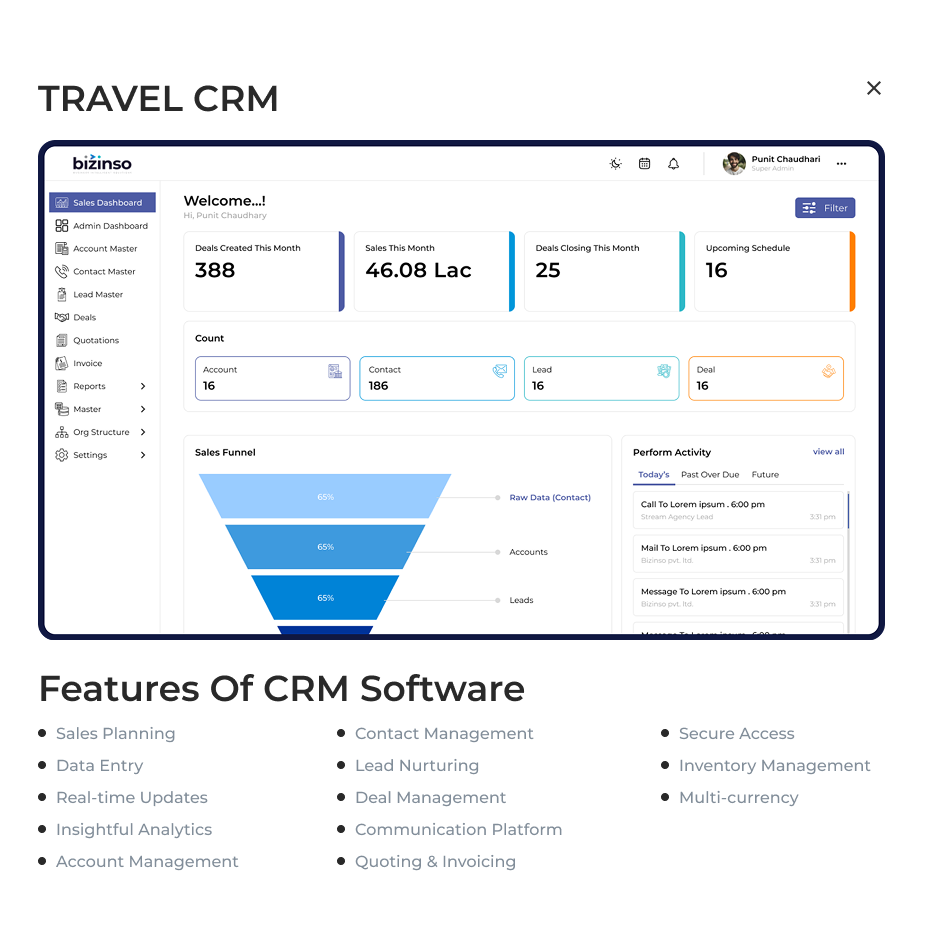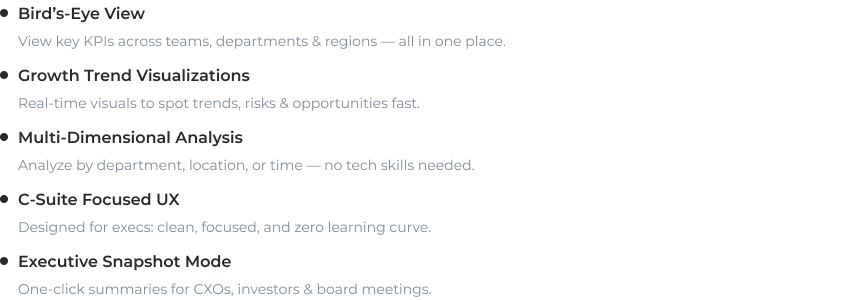
Slow decision-making mechanisms are one of the most challenging issues within business organizations due to legacy set-ups. And not only is the pace of decision-making slow in such organizations, the reliance on intuition for basing such decisions often leads to them going wrong. And in today’s times, lack of decision-making conviction as well as accuracy can prove to adversely impact business prospects.
Which is why, it is essential that you equip your teams to make quick decisions and maintain your competitive edge by implementing business intelligence, which extracts, analyses, and transforms raw data into intelligent, pertinent, and practical insights. Leveraging data analytics to guide decision-making has been shown to speed up the pace of decision-making by a factor of 5X.
How does business intelligence influence the decision-making process? Let’s dig deep.
Ubiquitous Data Explosion
Over the past few years, the number of channels that handle big data has increased, particularly thanks to the growth of social media and e-commerce, which produce staggering amounts of data every passing day. The Internet of Things (IoT) is a rising concept that has made it possible for many smart devices to collect, analyse, and produce more data. A study found that the capacity of computing storage is increasing by about 58%. The entire amount of stored data is 41 zettabytes as conveyed to the public. We expected global public data to exceed 175 trillion gigabytes by 2025, despite attempts to eliminate pointless data and manage data more effectively.
Data’s Function in Business Intelligence
With the use of BI tools, managers within corporate firms can combine data from disparate sources onto centralized platforms, compile and organize the data, and benefit from the availability of interfaces from which they can extract reports and monitor dashboards that can help them make better business decisions. Such easy-to-read data visualization has been proven to help firms better understand their market and clientele while also enabling them to generate predictions and forecasts that can lead to more effective operating models, market responses, innovation, and financial success.
Predictive/Prescriptive Analysis and Artificial Intelligence can improve decision-making precision
Imagine being able to make intelligent judgments by being able to predict future outcomes depending on a range of possible decisions recommended to you by automated data models. That is what business intelligence, artificial intelligence, and predictive/prescriptive analysis bring to the table. For instance, data scientists can use AI to create sophisticated models that will assist executives in keeping up with important commercial happenings. Or, rather than depending exclusively on historical data, AI can assist in the creation of live dashboards to analyse operations and processes in real-time. Predictive analysis, for instance, allows airlines to determine the best airfare for specific flights and hospitality companies to forecast hotel traffic precisely to maximize occupancy. Complex analytics now give managers a variety of insights into business operations and consumer behaviour, all automatically and very quickly. Based on that, companies may make decisions that could affect customer experience, employee satisfaction, employee bonuses, budget planning, inventory management, and sales predictions 5X faster.
Empowering employees through smarter goal-setting
Lack of clear goals and a sense of purpose are two factors that have a detrimental impact on employee productivity. Micromanagement, frustration, and burnout hamper constructive decision-making. However, through the adoption of business intelligence, managers would not only be able to set SMART goals for their employees, but also offer a clear strategy for achieving the goals. By this, employees would not just be able to act more decisively, but they also know the parameters for their accountability.
The average ROI for businesses using business intelligence and data analytics was 1300 percent, so you can be sure of increased revenue. Given the aforementioned advantages of business intelligence, you may anticipate greater profitability in your company when your decision-making is fine-tuned with the aid of robust data and AI. It is therefore, no surprise, that the market for business intelligence is anticipated to grow to $33 billion by 2025.
The timing is now ripe for businesses to jump on the data train with sophisticated business intelligence, a field in which we are experts if they want to be competitively advantaged and future-ready. We offer a broad variety of business intelligence services, including reporting, analytics, and data management solutions. In addition to assisting you in developing the required database architecture using safe and feature-rich technologies like MS SQL Server, MySQL, MongoDB, and PostgreSQL. With the aid of cutting-edge tools like Power BI, RapidMiner, Tableau, Klipfolio, Cognos, and MicroStrategy, we also offer consulting services and data analytics solutions.





